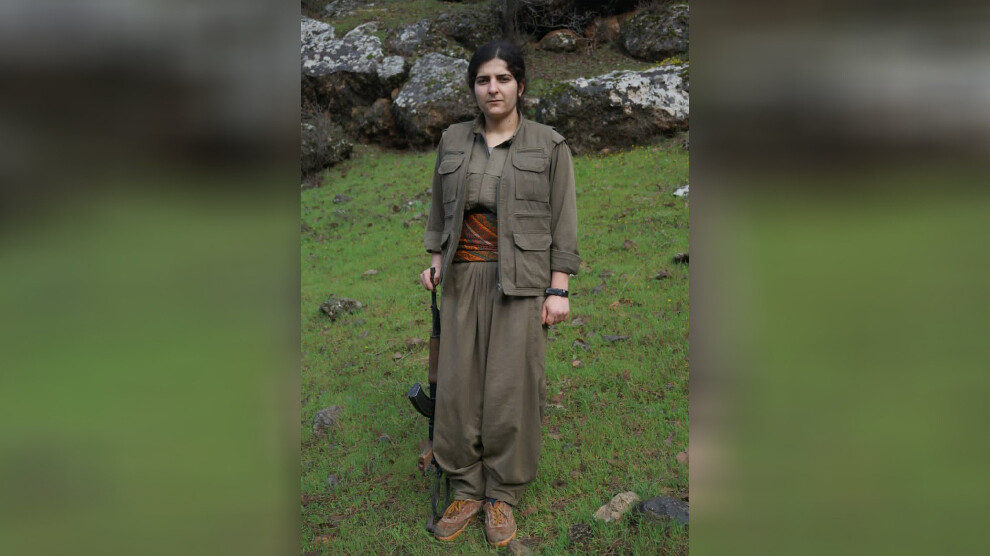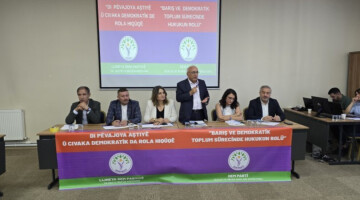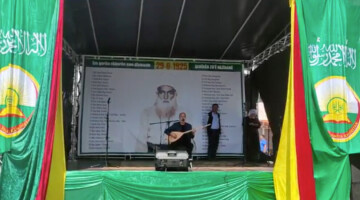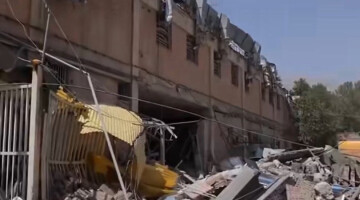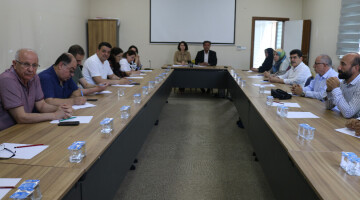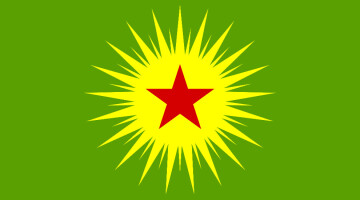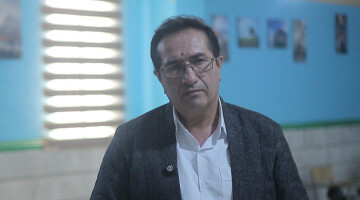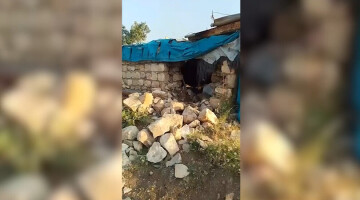Three guerrilla fighters were martyred in a Turkish chemical weapon attack on the Girê Sor resistance area in the Avaşîn region of Medya Defense Zones in South Kurdistan (North Iraq) on September 3. The Turkish army is trying to kill the fighters in the war tunnels in the Medya Defense Zones in this way and has used chemical weapons 157 times in the past month alone in South Kurdistan to break the guerrilla resistance.
The Kurdistan Communities Union (KCK) has many times called on international law organisations and institutions to visit the region and investigate the use of chemical weapons by the Turkish army. All the calls, however, remain unanswered.
Female guerrilla fighter Zinarîn Welat from Heseke city was one of the three guerrillas who fell in the Turkish chemical attack in Girê Sor on September 3. Before her death, Welat had said the following about her revolutionary struggle; “In the Kurdistan Liberation Movement, everyone leads an honourable life and struggles for their people whose culture, language, homeland and freedom were taken away from them. At the same time, one gets to know itself, its own history and Kurdistan’s history. In the Women’s Movement, each woman recognizes herself, her birth and existence.”
Museleh Hac Ebdi, uncle of Martyr Zinarin, spoke to ANHA and pointed out the silence of law and human rights organisations, saying, “They act as if it was legitimate and permissible for the Kurds to be slaughtered.”
Ebdi stressed that the Turkish state must face an investigation and prosecution for the crimes it has committed in the region, adding, “All the documents prove that the Turkish state killed our children, who defended their people and land, with chemical weapons.”
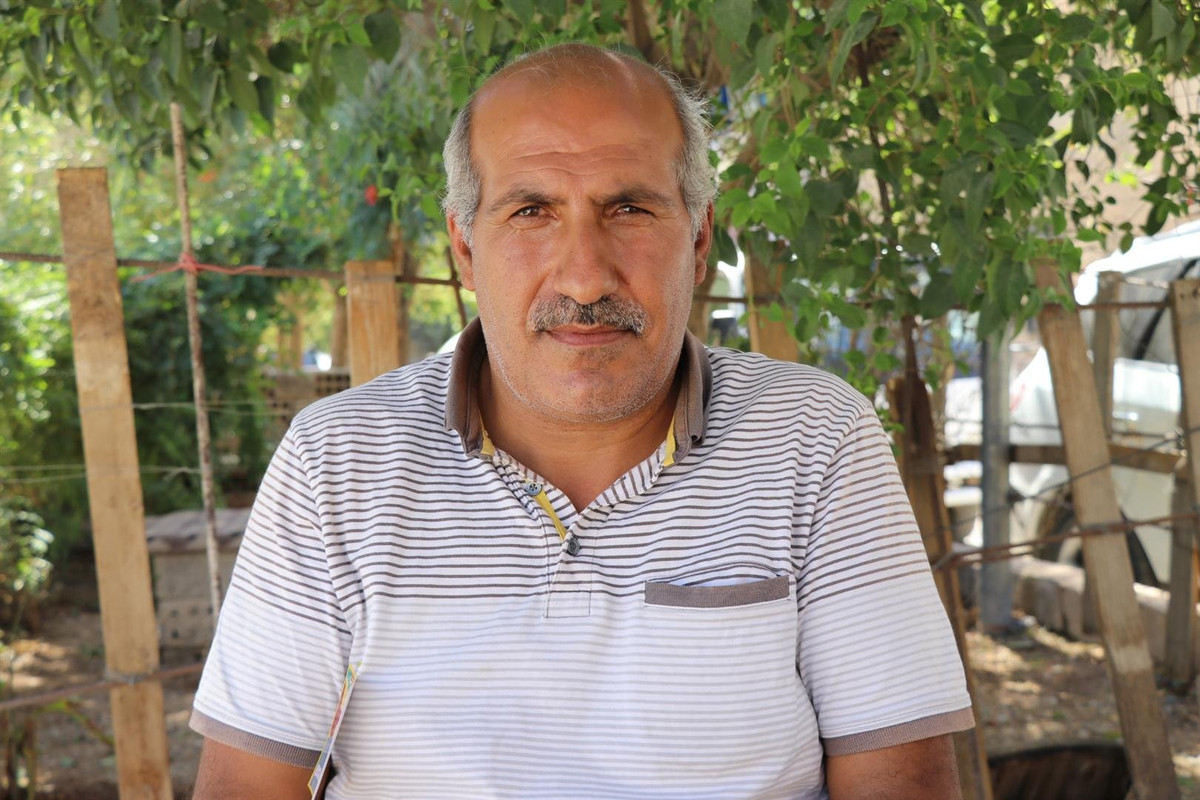
The Turkish state, which is a party to the Chemical Weapons Convention, freely uses chemical weapons in its war against the Kurdish people in various parts of Kurdistan without facing any reactions or obstacles.
The Chemical Weapons Convention, or CWC, aims to eliminate an entire category of weapons of mass destruction by prohibiting the development, production, acquisition, stockpiling, retention, transfer or use of chemical weapons by States Parties. States Parties, in turn, must take the steps necessary to enforce that prohibition in respect of persons (natural or legal) within their jurisdiction.
ZINARÎN WELAT
Zinarîn Welat came from Hesekê in northeastern Syria and was involved in the Rojava revolution from the beginning. She learned about the struggle for freedom early on through her politically committed family and initially worked in the arts and culture sector. There she also became involved with the radical democratic and women's liberation ideology of the Kurdish movement and decided to join the guerrillas. She realized this desire in 2013 and went to Avaşîn. Zinarîn was strongly committed to the women's struggle and was always determined to develop the leadership role of women in this struggle. She soon became a commander. In Avaşîn, she participated in many actions against the Turkish army. "As one of the pioneers of the strong resistance of the free Kurdish women against the invading forces in the Girê Sor resistance area, she became an embodiment of Rêber Apo's [Leader Abdullah Öcalan] philosophy and a symbol of an exemplary militant attitude. Her unyielding struggle against all war technology and the use of chemical weapons will always take her place in the history of our people's resistance,” HPG said in its statement dated September 24.
RELATED NEWS:

